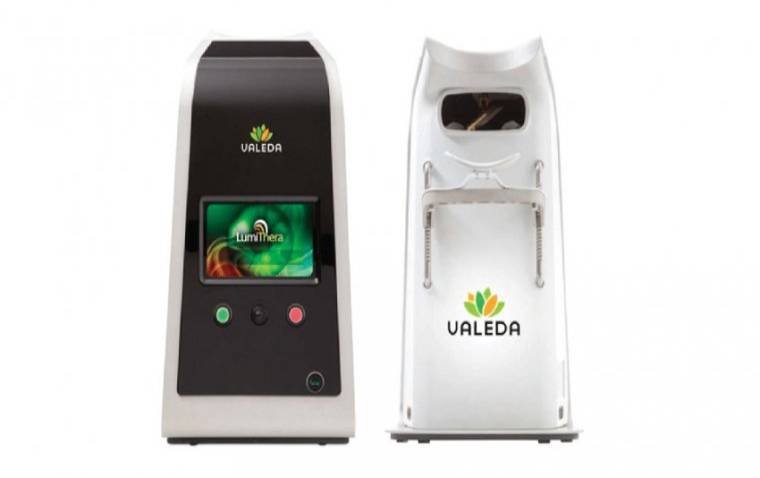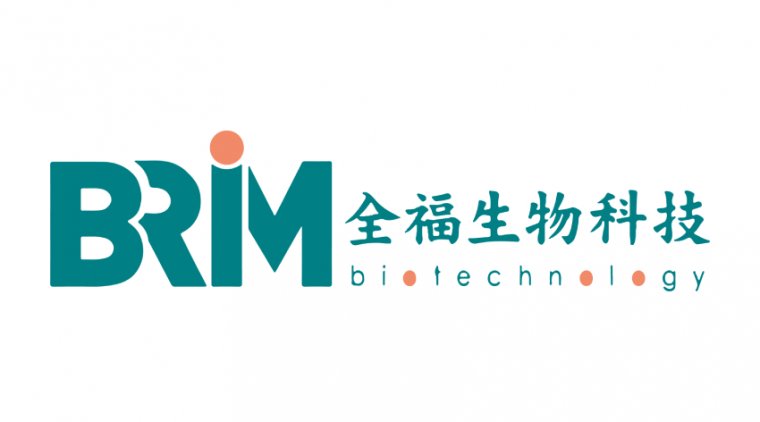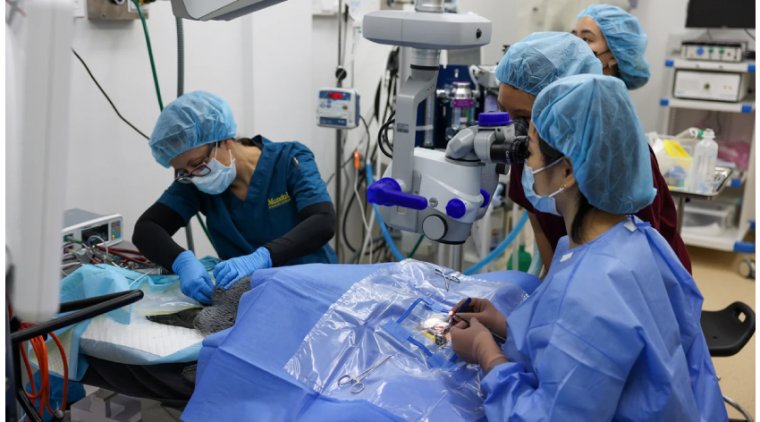
Singapore Zoo Performs World's First Custom Eye Lens Surgery on Elderly Penguins
The Eye Specialist for Animals clinic made history by performing a groundbreaking surgery on three elderly king penguins, who were fitted with custom-made eye lenses during cataract removal operations. The zoo's veterinary team announced that the procedure, believed to be the first of its kind, has successfully restored the penguins' vision.
According to a statement released on Tuesday by the Mandai Wildlife Group, six elderly penguins underwent cataract surgery two months ago, and all of them have made a full recovery. The trio of king penguins, all of whom are 20 years or older, and three Humboldt penguins aged between 7 and 13, reside in Ocean Network Express Penguin Cove at Bird Paradise.
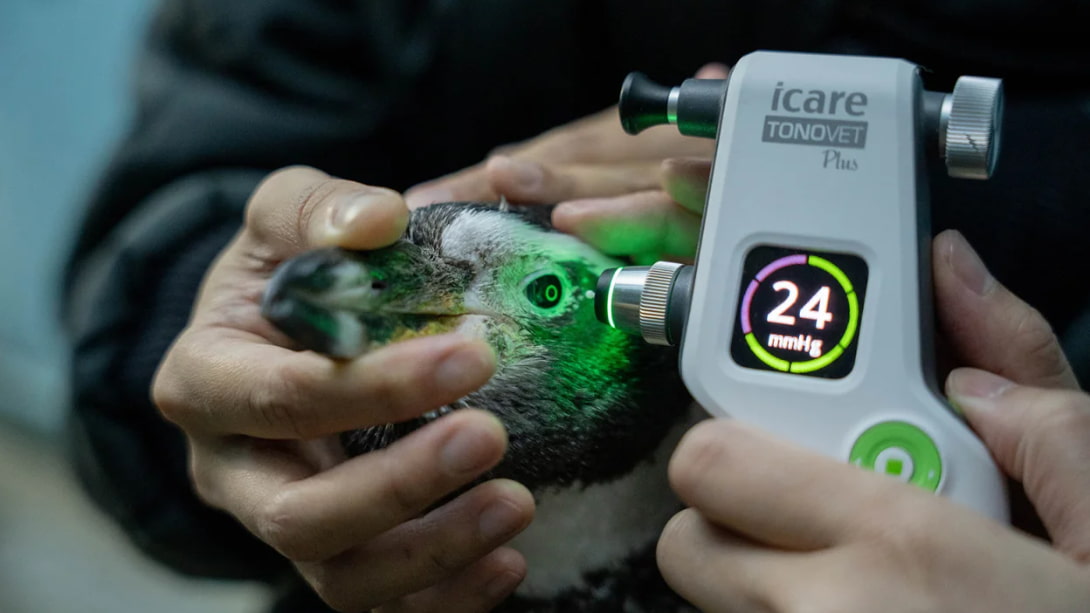
A medical device checks the eye pressure of a Humboldt penguin at Jurong Bird Park in Singapore.
Cataracts are a common age-related condition that causes cloudy areas in the eye, resulting in impaired vision in both animals and humans. The successful surgery is expected to provide significant benefits to the penguins' quality of life, allowing them to see more clearly and engage in normal daily activities.
“We noticed the cloudiness in their (eyes) and moving about like they were having difficulty seeing things in front of them,” said veterinarian Ellen Rasidi, explaining the decision to remove the cataracts.
Behind-the-scenes photos captured the intricate surgery, which was particularly challenging for penguins due to their distinct features. Penguins possess a third eyelid that safeguards their eyes while swimming, but it tends to shut during surgery. Following the operation, the six penguins had to avoid water and were given eye drops twice a day by zookeepers.
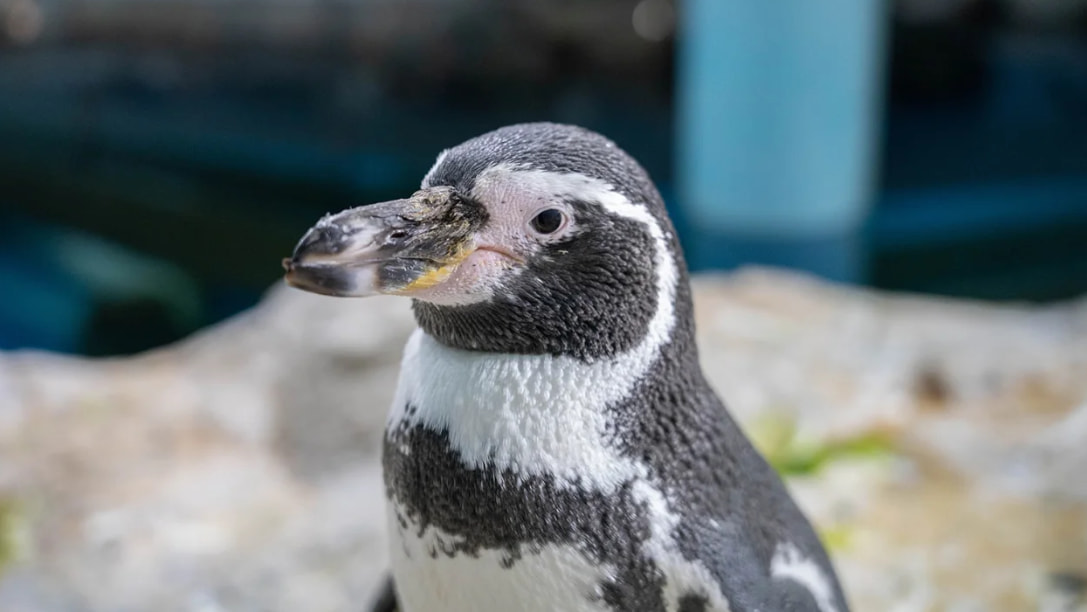
Holly, a Humboldt penguin, post-surgery
Gladys Boo, a veterinary ophthalmologist who participated in the surgeries, stated that the king penguins had received custom-made intraocular lens implants, which she believes is a "milestone in veterinary medicine."
The lenses were precisely measured to fit each penguin's eye and were custom-made in Germany, a process that took two months, according to Boo.
She added that the king penguins' large and stable eyes were capable of holding the custom lenses in place, making them a suitable candidate for this world-first procedure to enhance their vision beyond cataract removal.
King penguins, the second-largest species of penguins, are predominantly found in the Southern Ocean and sub-Antarctic regions. Although not endangered, they are protected by wildlife laws. These penguins can weigh up to 18 kilograms (40 pounds) and stand up to 1 meter (39 inches) tall. They can also live up to 30 years in captivity. Following the custom intraocular lens implant surgeries, the zookeepers and vets at Singapore's Jurong Bird Park noted an increase in responsiveness and activity levels in the penguins.
Rasidi, one of the vets, remarked, "It is nice to see them more active, indicating their improved vision. The king penguins are adapting well to the new lenses as well."
Before its relocation, Singapore's Jurong Bird Park, a world-renowned tourist attraction, housed approximately 3,500 birds, including parrots, flamingos, and eagles. The park has been involved in several high-profile rescues and rehabilitation efforts, such as fitting a 3D-printed prosthetic beak on a hornbill with cancer. Upon relocation, the park will join Singapore's zoo and night safari and a new luxury resort to form an eco-tourism hub.
(1).jpg)



